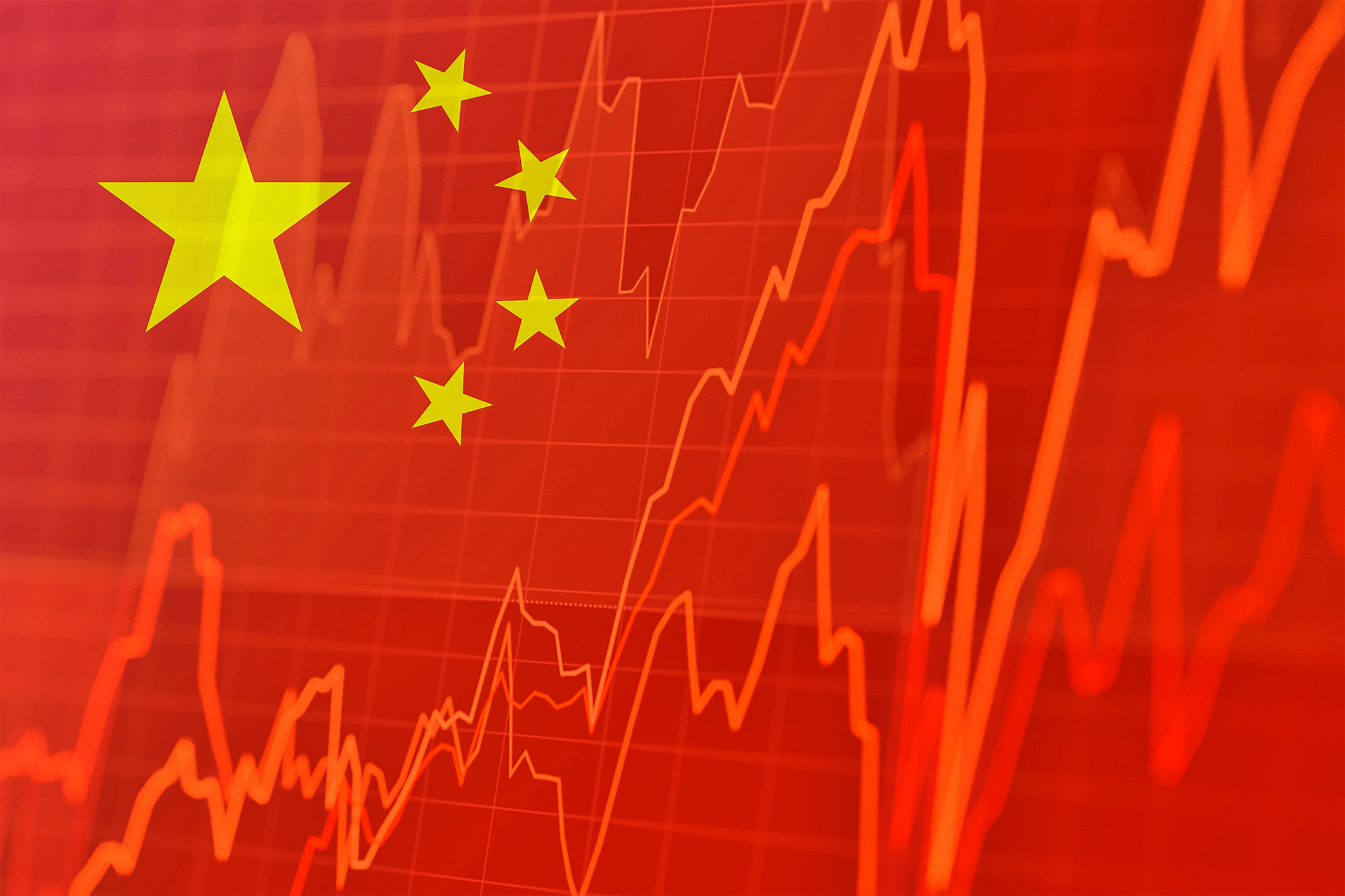China

Best securities house in the Greater Bay Area 2025: CICC

Greater Bay Area Awards
Best bank for digital in the Greater Bay Area 2025: China Merchants Bank

Greater Bay Area Awards
Best bank for the Wealth Management Connect 2025: Bank of East Asia

Greater Bay Area Awards
Best Chinese bank for the Greater Bay Area 2025: Bank of China (Hong Kong)

Greater Bay Area Awards
Best domestic bank for the Greater Bay Area 2025: Hang Seng Bank

Greater Bay Area Awards
Best international bank for the Greater Bay Area 2025: HSBC

Greater Bay Area Awards
Best domestic bank for SMEs in the Greater Bay Area 2025: Nanyang Commercial Bank

Greater Bay Area Awards
Best international bank for SMEs in the Greater Bay Area 2025: Standard Chartered

Greater Bay Area Awards

Capital markets
How BNP Paribas carved its niche in EV dealmaking

Capital markets
